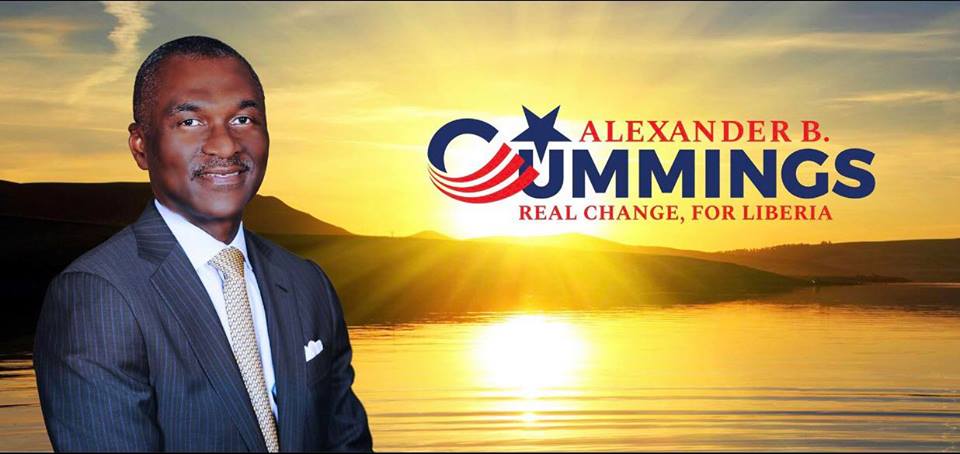Alexander B. Cummings: The Cost of Neutrality – A Political Shift from 2017 to 2023
Alexander B. Cummings, the former presidential candidate of the Alternative National Congress (ANC) in Liberia, entered the political arena with high hopes and aspirations in 2017. However, his neutrality in the run-off election that year, which left many scratching their heads, may have played a pivotal role in his disappointing performance in the 2023 elections. In this article, we will explore how Cummings’s decision to abstain from supporting a candidate in the 2017 run-off election ultimately affected his political career and contributed to his sharp decline from 7% of the votes in 2017 to less than 1.6% in 2023.
The 2017 Presidential Election:
In the 2017 Liberian presidential election, Alexander B. Cummings emerged as a promising candidate with a significant following. As the flagbearer of the ANC, he secured 7% of the votes in the first round of the election. However, the run-off between George Weah and Joseph Boakai left Cummings in an interesting position. While many expected him to throw his support behind one of the two candidates, he opted for a different path: neutrality.
The Cost of Neutrality:
Cummings’s decision to remain neutral in the 2017 run-off election baffled many Liberians and political analysts. This neutrality, while presenting itself as principled and nonpartisan, had unintended consequences. By not endorsing a candidate, Cummings failed to harness his influence and constituency to impact the outcome of the election, leaving his supporters disillusioned and without a clear direction. Ultimately, this move left many questioning his political judgment and commitment to his party’s platform.
The 2023 Presidential Election:
Fast forward to the 2023 presidential election, and Alexander B. Cummings saw a dramatic decline in his support. His vote share plummeted to less than 1.6%, signaling a significant loss of influence and popular support. The effects of his neutrality in 2017 seemed to have cast a long shadow over his political career. Many former supporters saw him as indecisive and lacking the leadership qualities required to navigate the complex and competitive landscape of Liberian politics.
Impact on His Political Career:
Cummings’s decision to remain neutral in the 2017 run-off election has had profound implications for his political career. His failure to seize the opportunity to endorse a candidate and rally his supporters effectively may have been seen as a lack of commitment and strategic vision. The sharp decline in his vote share in the 2023 election highlights the potential cost of remaining neutral when a clear stance is expected by the electorate.
Conclusion:
The political trajectory of Alexander B. Cummings from 2017 to 2023 demonstrates the importance of decisiveness and effective leadership in the context of Liberian politics. Cummings’s neutrality in the critical run-off election of 2017 left a lasting impact on his political career, with many perceiving him as indecisive and lacking the ability to mobilize his support base effectively. As he navigates the evolving political landscape, Cummings may need to reevaluate his approach and redefine his political identity to regain the trust and support of Liberian voters.




















